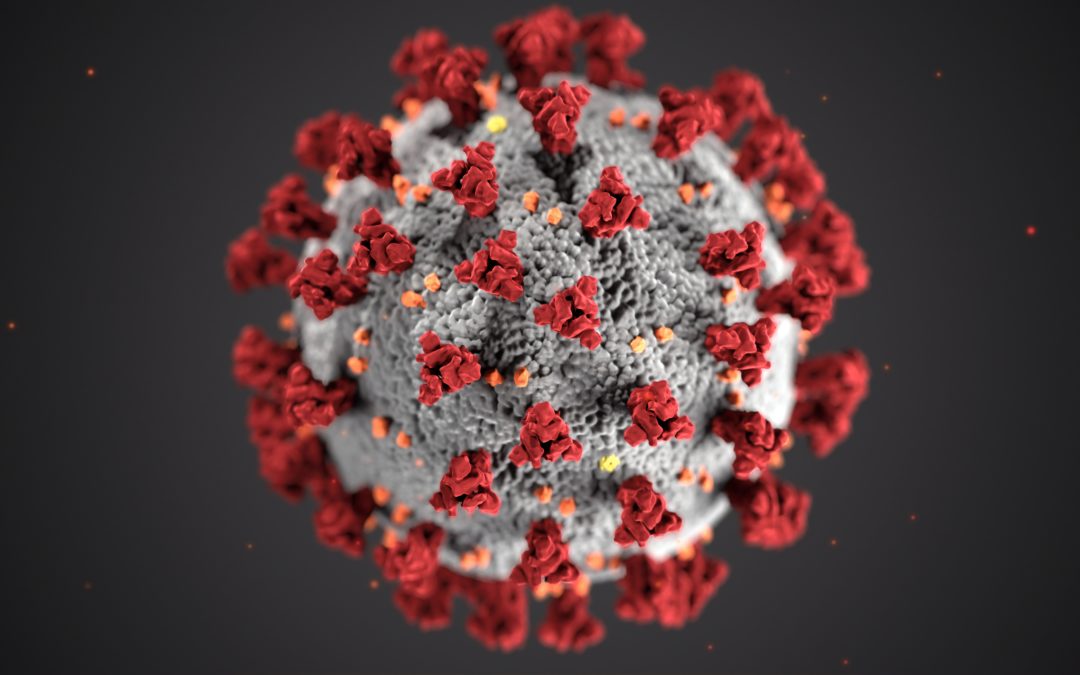ACE2 is a protein on the surface of cells and serves as the entry gate for the SARS-CoV-2 coronavirus. A Frankfurt research group was able to show that ACE2 is significantly increased in tissue samples from patients with cardiovascular diseases.
COVID-19 disease causes severe lung damage with thousands of deaths. It is already known that the SARS-CoV-2 virus attacks lung cells that present a specific protein on their surface, the so-called ACE2 receptor. So far, mainly the effects of COVID-19 on lung health have been reported. However, patients with cardiovascular diseases are affected by a considerably more severe course of the disease. You have a multiple increase in mortality from COVID-19 disease. There is currently a lot of discussion about which cells contain ACE2 and whether so-called angiotensin converting enzyme inhibitors (ACE inhibitors) or angiotensin receptor blockers (ARB) are used to enhance the presentation of the SARS-CoV-2 receptor ACE2 in the lungs and lead heart cells. Both are drugs that are often used to treat cardiovascular diseases.
An interdisciplinary cardiac research team at the University Hospital Frankfurt led by Prof. Stefanie Dimmeler, director of the Institute for Cardiovascular Regeneration, Prof. Andreas Zeiher, director of cardiology, and Prof. Thomas Walther, director of the Cardiac surgery, showed in a publication in the European Heart Journal the differences of the ACE2 presentation on tissue samples from patients with cardiovascular diseases. The researchers discovered that ACE2, especially in cardiac muscle cells and in the vascular cells of the heart of patients with heart disease, was significantly increased compared to healthy control groups. Interestingly, the investigations were also able to demonstrate for the first time that cardiac cells from patients treated with ACE inhibitors had a significantly higher ACE2 presentation.
These data suggest that it is not only important to monitor SARS-CoV-2 infected for cardiovascular complications, but in particular to further investigate the influence of ACE2 inhibitors and ARB blockers on the course of disease of COVID-19.
original publication:Cell type-specific expression of the putative SARS-CoV-2 receptor ACE2 in human hearts. Luka Nicin et.al. European Heart Journal, ehaa311, https://doi.org/10.1093/eurheartj/ehaa311
podcast:https://www.escardio.org/The-ESC/What-we-do/news/ESC-Cardio-Talk
Quelle: Pressemitteilung Universitätsklinikum Frankfurt

